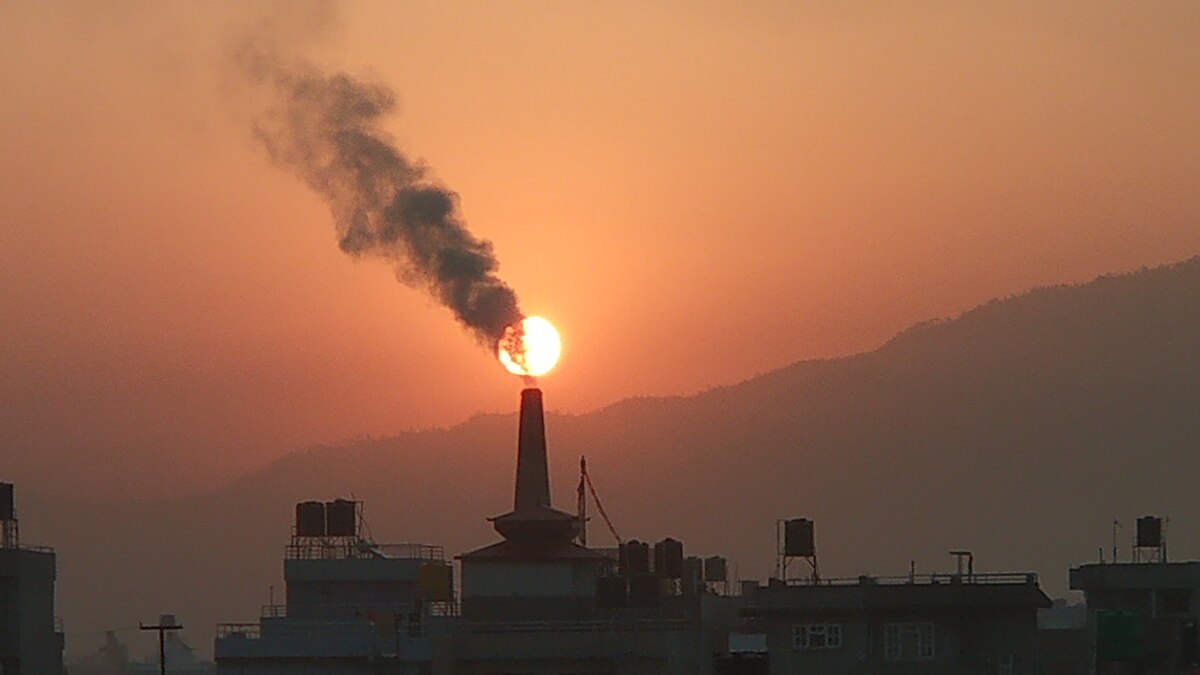- Pronouns
- It
- TNP Nation
- Simone_Republic
Motivation
Largely based off the International Convention for the Prevention of Pollution from Ships (MARPOL). Basically, you can't dump sewage or oily water into the sea without treatment (and for older ships, some exemptions apply).

 en.wikipedia.org
IMO version
en.wikipedia.org
IMO version
Note that the definition of WA waters is deliberately narrowed only to bodies of water shared by multiple WA states - if you want to pollute your own lake, it's not the WA's problem.
Draft 1
[box]The World Assembly (WA),
Noting that many WA states share common, connected bodies of water, and would prefer if such waters are kept clean;
Noting the passage of related resolutions in transport (610, 627, 699) and water (107, 223, 658);
Noting that many ships (wherever they are from) may dump sewage and other waste for various reasons into such waters, and desiring a collective WA response to keep shared bodies of water clean;
The WA enacts as follows:
Char count: 3,299.
Largely based off the International Convention for the Prevention of Pollution from Ships (MARPOL). Basically, you can't dump sewage or oily water into the sea without treatment (and for older ships, some exemptions apply).

MARPOL 73/78 - Wikipedia
Note that the definition of WA waters is deliberately narrowed only to bodies of water shared by multiple WA states - if you want to pollute your own lake, it's not the WA's problem.
Draft 1
[box]The World Assembly (WA),
Noting that many WA states share common, connected bodies of water, and would prefer if such waters are kept clean;
Noting the passage of related resolutions in transport (610, 627, 699) and water (107, 223, 658);
Noting that many ships (wherever they are from) may dump sewage and other waste for various reasons into such waters, and desiring a collective WA response to keep shared bodies of water clean;
The WA enacts as follows:
- Definitions.
- "IBWS" means the International Bureau of Water Safety.
- "Ship" means a ship traversing through any WA waters.
- "WA waters" means any bodies of water accessible by more than one WA state and subject to the jurisdiction of at least one WA state. This excludes inland lakes unconnected to other bodies of water and solely under the control of one WA state.
- Ship technology. A ship must, to the best ability of the flag state:
- use the latest engineering available, such as double hulls for oil tankers, cleaning systems, segregated tanks for ballast water, oily water separator, and oil discharge and monitoring systems, in order to minimise the amount of pollutants (such as oil, ballast water, sewage, and bilge water) discharged into WA waters;
- use the latest technologies available to ensure the safety of fuels onboard, especially those with radioactive substances such as nuclear-powered ships;
- use the latest technologies and efficiency measures to reduce air pollution from its operations;
be fully prepared to dispose of such pollutants through environmentally-friendly means (such as unloading pollutants onshore); - if the ship carries any harmful substances, ensure that it complies with packing (and packaging), marking, labelling, documentation, stowage, and quantity limitations regulations; and
- have onboard systems for storage or treatment for sewage, rubbish (garbage), and not discharge any sewage or garbage into the sea unless it has been treated in accordance with IBWS rules.
- Support.
- All seafarers on ships shall be appropriately trained to fully comply with clause (2) of this resolution, for both operational reasons and in case of emergencies.
- All ships shall maintain adequate insurance for all accidental or emergency discharges in violations of clause (2) of this resolution with reputable insurers.
- IBWS.
- The IBWS is to set forth regulations for compliance with clause (2) of this resolution. All ships traversing WA waters must comply with IBWS regulations.
- The IBWS shall grant exemptions to ships built prior to the passing of this resolution from fully complying with IBWS regulations due to technical deficiencies. A WA state should provide reasonable incentives for older ships to be retrofitted in order to fully comply with IBWS regulations, and to accelerate the retirement of ships that cannot be retrofitted for technical reasons.
- The IBWS shall also grant exemptions, on a case-by-case basis, to certain portions of such regulations for ships under the flag of WA states that do not have access to more advanced technologies.
- Jurisdiction. In case of disputes between WA states over jurisdiction, the Judiciary Committee of the WA shall adjudicate.
Char count: 3,299.

